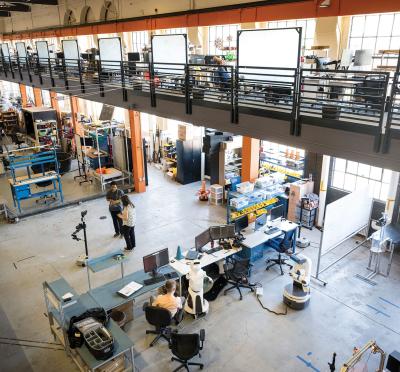
Brian Do
Corvallis, OR 97331
United States
Dr. Brian H. Do is an Assistant Professor in the School of Mechanical, Industrial, and Manufacturing Engineering at Oregon State University. He received his B.S. from the Georgia Institute of Technology and his M.S. and Ph.D. from Stanford University, all in mechanical engineering, and was a postdoctoral associate at Yale University.
Dr. Do leads the Do Robotics Lab, which aims to create human-centered robots capable of adapting to and interacting with the physical world. His research focuses on the design and modeling of robots that adapt their morphology and mechanical properties for use in exploration, navigation, manipulation, and haptics.
Dr. Do was named a Trailblazer in Engineering in 2023 and a Robotics: Science and Systems Pioneer in 2021. He has also received several awards for his excellence in mentorship and work in broadening participation in STEM.
Research Interests
Dr. Do’s research interests include soft robotics, growing robots, variable stiffness systems, robot design and modeling, bioinspired systems, haptics, and physical human-robot interaction.
Selected Publications
- B. H. Do, S. Wu, R. Zhao, and A. M. Okamura. (2024). Stiffness Change for Reconfiguration of Inflated Beam Robots. Soft Robotics. doi: 10.1089/soro.2023.0120
- B. H. Do, I. Choi, and S. Follmer. (2022). An All-Soft Variable Impedance Actuator Enabled by Embedded Layer Jamming. IEEE/ASME Transactions on Mechatronics. doi: 10.1109/TMECH.2022.3183576
- O. G. Osele, A. M. Okamura, and B. H. Do. (2022). A Lightweight, High-Extension, Planar 3-Degree-of-Freedom Manipulator Using Pinched Bistable Tapes. IEEE International Conference on Robotics and Automation, pp. 1190-1196, doi: 10.1109/ICRA46639.2022.9811976.
